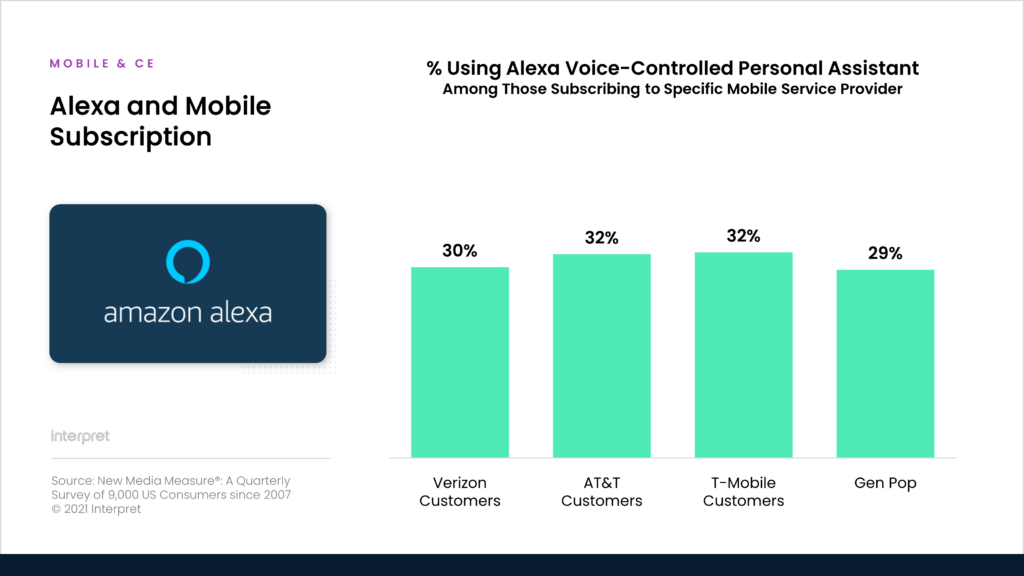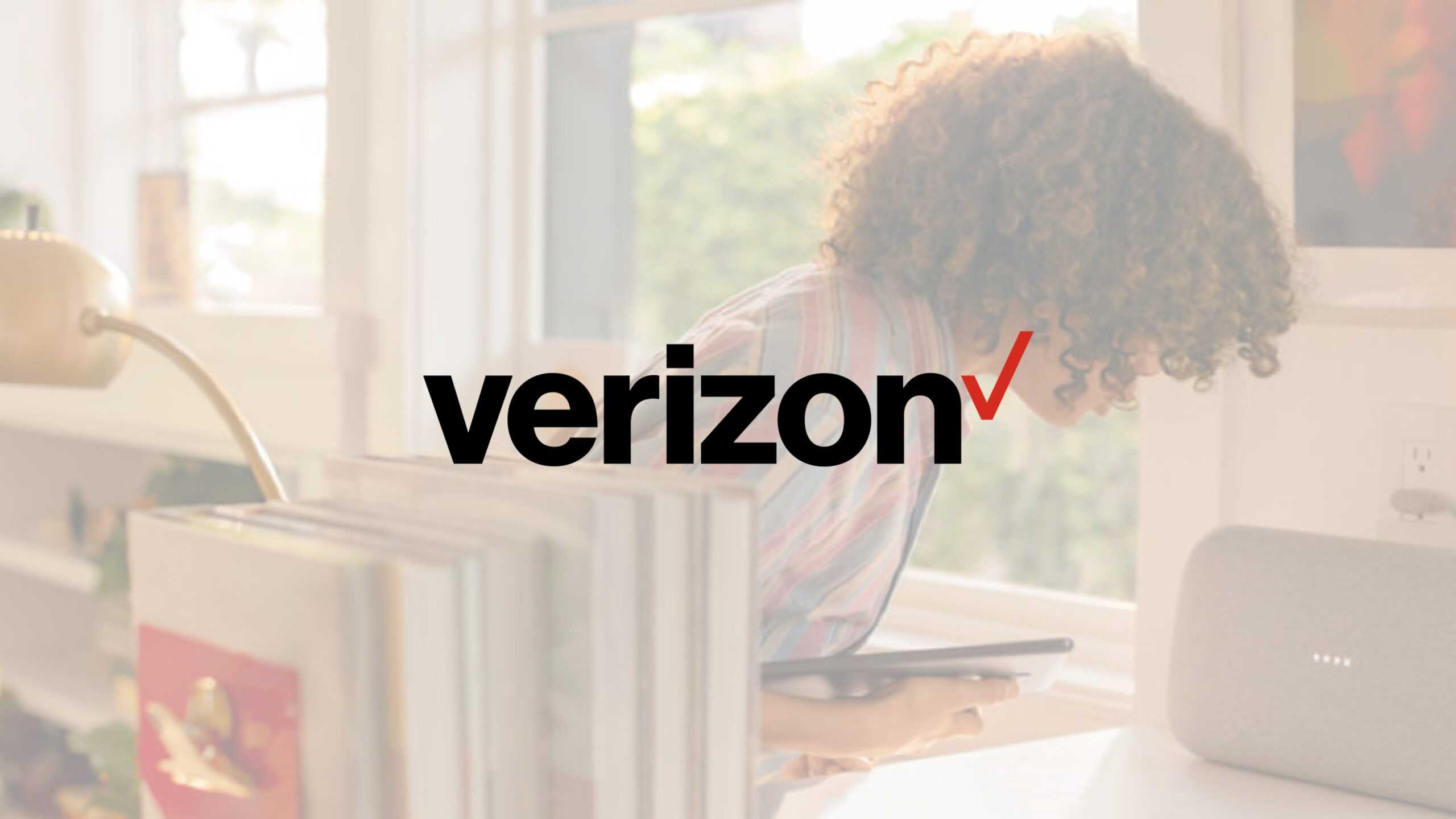Last month, Verizon introduced a new hands-free calling feature for its wireless customers called Number Share – Home. The plan, which costs an additional $5 per month, enables Verizon subscribers to place calls through Amazon Alexa-enabled devices, such as Echo, Echo Dot, and Echo Show. Verizon customers who don’t have a device with Alexa integration will gain three months of service for free if they purchase one from Verizon.
Verizon is counting on its customers wanting to gain access to smart features that include not only voice-controlled dialing/answering, but the ability to switch between a phone and supported devices at any time, to make calls when a phone is out of reach or turned off, and to create Alexa Routines, which can, for example, disable calls on Alexa-based devices when the user says, “Alexa, I’m leaving home,” or during specific times of the day.
The company is positioning its Alexa-based add-on as “reinventing what it means to have a home phone,” but the wireless carrier is not the first to jump into the hands-free calling space. In September 2020, AT&T partnered with Amazon on its own plan to use Echo devices as home phones. T-Mobile, thus far, has been much less active in the smart device space, which is a missed opportunity. According to Interpret’s New Media Measure®, T-Mobile is tied with AT&T for subscribers who regularly use Amazon’s Alexa (32%), while Verizon’s customer base trails at 30%, which is on par with the portion of the general population using Alexa voice controls.
With increasing consumer interest in smart home technologies, and especially smart speakers, Verizon is likely looking to capitalize on this trend while also generating incremental revenues from its customers. The company also has an opportunity to boost its bottom line as it continues to spend billions on building out its 5G infrastructure. As of Verizon’s third quarter, year-to-date capital expenditures on expanding both 5G and its 4G LTE network (which saw increased traffic) amounted to almost $14 billion.





